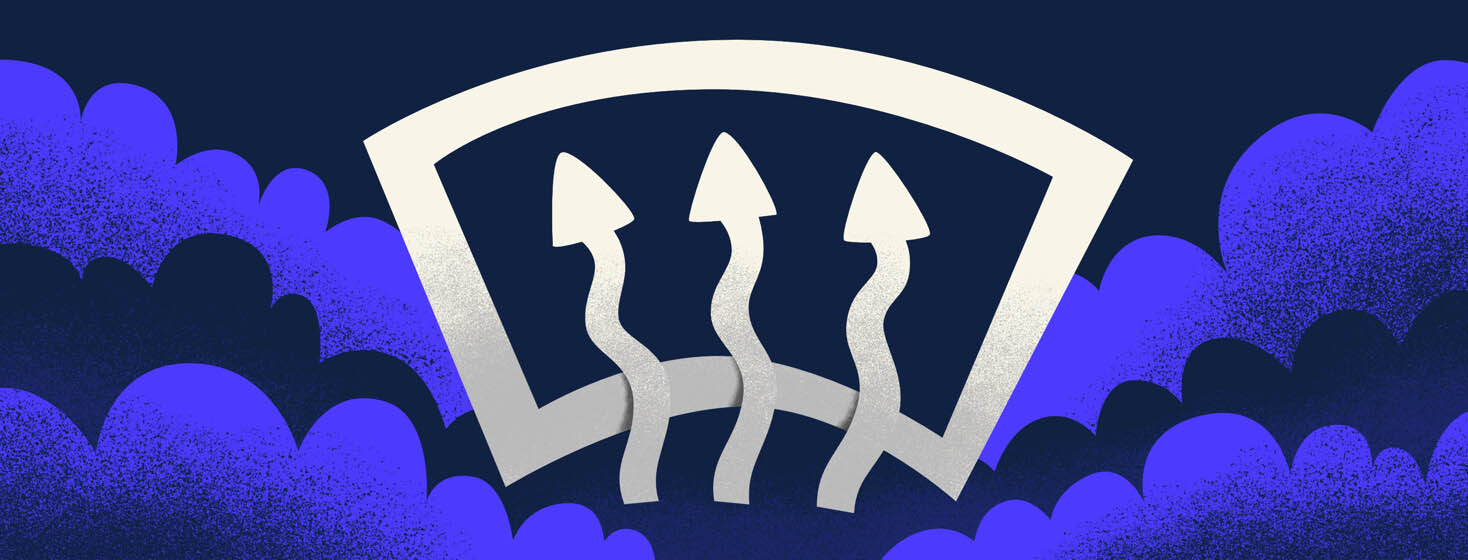3 Tools to Help Manage the Effects of Brain Fog
The only real thing to do with brain fog is to try to work around it. Is it frustrating? Absolutely. Honestly, though, I haven’t found any kind of magical solution that perfectly explains it, or better yet, makes it go away.
So just to help my fellow brain-fogged PsA pals, I spent a few months clicking, typing, writing, dragging, and dropping my way through some of the most popular and effective ways to hold your life together, despite the many perils and pitfalls of brain fog.
Featured Forum
View all responsesRelying on more than just your brain
Regardless of which one works for you, the best way to manage a life filled with brain fog is to put the information into another, hopefully, a more reliable and accessible source.
I know it seems rather obvious, but you’d be surprised how long it has taken me to learn that when it comes to PsA brain fog, you can’t rely on your own brain to do (or remember to do!) anything. Without further ado, here are my 3 top tools to help manage the effects of brain fog.
There’s an app for that
No matter what you need to do in this day and age, chances are, there’s an app for it. Do you want to color, play games, stack blocks, or chase zombie robots? You will be able to find an app that lets you do it.
When it comes to productivity apps, there are so many available at any given time that I can’t even find an exact number of how many there are. In fact, there are so many that even a simple search through my iPhone apps alone, there are over 10 sub-sections within the productivity folder alone. After all of that, I think I might need an organizing app for all my productivity apps! Whew!
Logins and passwords, scheduling and planning, alarms and reminders, stream of consciousness, and simple to-do lists. If anything pops up in my brain, I never, I repeat, never, rely on my brain to be able to remember it. Some of my favorite scheduling apps include Google, Keep, Evernote, Onenote, Colornote, and Cozi.
Pen and paper, but with a twist
I used to be a big fan of the classic combination of pen and paper. I delighted in color-coded post-its, binders, and planners. But as my brain fog got worse, I’d find randomly scribbled post-its in a ridiculous amount of random places. Not to mention the sheer amount of paper I went through on a daily basis.
For me, I thought there had to be a better way. Lo and behold, I discovered smart notebooks. They are reusable notebooks that allow you to save each and every word you write in the cloud, sent in email, or filed as an image. I like my Rocketbook, but there are others such as Moleskin and Wacom.
Let's learn about listing
It is only recently that I discovered “listing.” Basically, it is exactly what it sounds like. It is a great option for a sort of stream of consciousness approach to getting everything out of your mind and onto the paper. It doesn’t have to look cute, artsy, or instagrammable.
No pressure for perfection, just simple practicality. If it is in your head, get it out and written down. Let’s be honest, when it comes to the effects of brain fog, out is the only safe place!
Working with our foggy brains
Our foggy brains are the gatekeepers for a wealth of knowledge. But what good is that knowledge if we can’t access it? Our brains are filled with all the things we have to hold together in life.
So until that magical answer dawns on me, the best we can do is try to make our life work without falling victim to the effects of brain fog.

Join the conversation